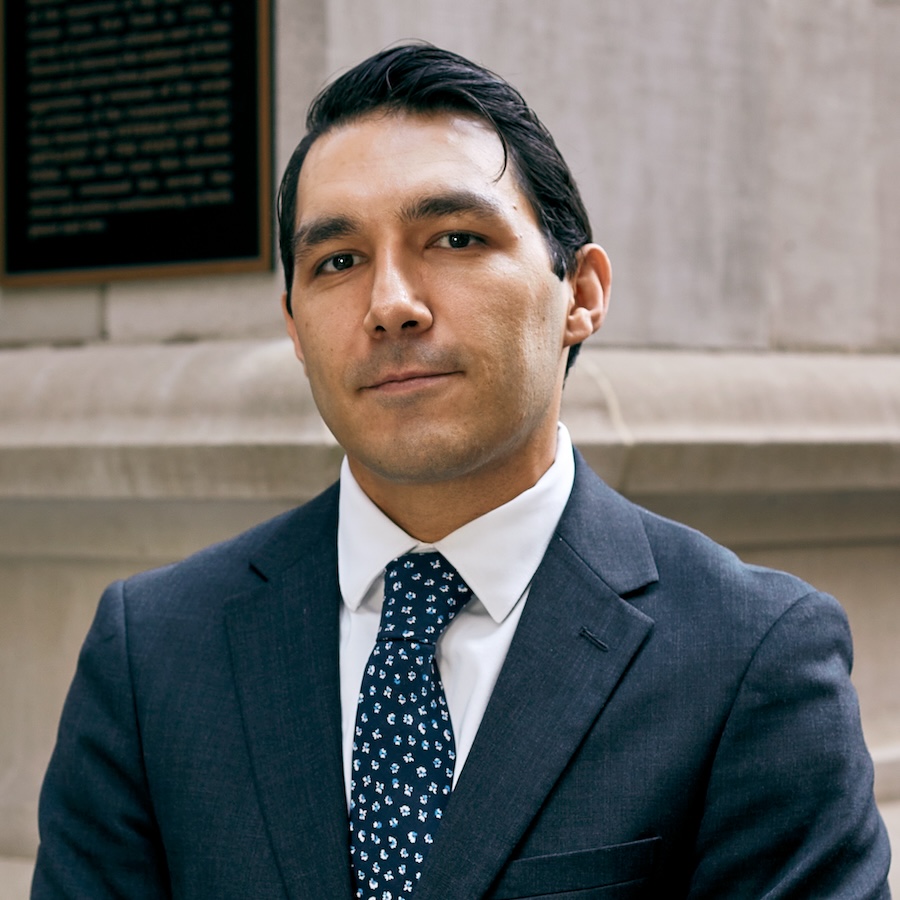Illegal Online Gaming Through Offshore Platforms
Despite restrictions on online poker and gaming within the United States, some US customers appear to be accessing these platforms through hidden means. This raises significant concerns, not only for the integrity of gaming regulations but also for financial security and transparency. Online poker and gaming sites have become a potential gateway for improper financial transactions, including money laundering. Many platforms may be failing to implement necessary safeguards to prevent US-based players from bypassing geographic restrictions or from engaging in suspicious financial activities. For companies in this space, this opens the door to legal risks, regulatory penalties, and reputational harm.
Are these platforms taking shortcuts in compliance? Are transactions being flagged and reported as required? Are US customers being allowed to bypass restrictions with insufficient oversight? For insiders with knowledge of these practices, now is the time to step forward.
We are actively seeking whistleblowers within the online poker and gaming industry who can shed light on these potential violations. Those with relevant information may be eligible for rewards and can take comfort in knowing that anonymity and confidentiality can be protected. Reporting misconduct can protect players, reduce financial risks, and uphold the integrity of the industry.
There is no charge, no obligation, and the conversation is confidential.
Call us at (646) 290-8261, email us at Connect@PollockCohen.com, or send us a confidential message with the form below.
Poker and gaming sites include:
- PokerStars
- GGPoker
- CoinPoker
- Champion Poker
- WPT Global
- BetOnline
- WSOP (World Series of Poker)
- 888Poker (888 Holdings plc.)
- sportsbetting.ag
- Full Tilt Poker
- Absolute Poker
- PokerKing
- Redstar
- Ignition Casino
- IDNPoker
- iPoker
- Svenska Spel
- Winamax.fr
- PaiWangLuo (bodog)
- Bovada
- SportsBetting
- EveryGame
- Black Chip Poker
- Nitrobetting Poker
- CoinPoker
FAQs
While whistleblowers can be stereotypical “insiders,” like employees or former employees at companies or organizations that have engaged in improper conduct, there is no requirement that they be insiders. We have worked with a variety of non-traditional whistleblowers who have witnessed fraud or taken the initiative to investigate corporate misconduct. Whistleblowers from all backgrounds can offer important insights worthy of submission to the government or, depending on the program, even a lawsuit.
Whistleblowers also may not know everything about the fraud when they come to us. In other words, they may know (or suspect) something is wrong. They may have raised concerns about practices internally that have gone ignored (or worse, punished). Even if a whistleblower isn’t sure “what they have” or what to do, we have experience helping clients put the pieces together.
It depends on the subject matter and the whistleblower program. To bring a case under the False Claims Act, there needs to be a claim or demand for government money. Not every lie to the government violates the FCA.
For the SEC Whistleblower Program, there needs to be wrongdoing that violates a federal securities law or regulation like a material misstatement in a public filing. Not every bad management decision at a publicly traded company can be investigated by the SEC.
What counts and what doesn’t can be complicated. For more information, take a look at some of the pages on our website describing different whistleblower programs. And most importantly, talk with us.
It depends on the whistleblower program. Whistleblowers submitting information to the Securities and Exchange Commission (SEC) or Commodity Futures Trading Commission (CFTC) whistleblower programs can choose to remain completely anonymous (even to the government) if they work with an attorney.
Under most other programs, the government will know your identity. When (and if) your name is revealed publicly depends on the stage and outcome of the case. Under the IRS Whistleblower Program, a whistleblower’s name is never publicly revealed unless they choose to reveal it later as part of a lawsuit. Under the False Claims Act, the whistleblower’s case is filed confidentially and “under seal” while the government investigates. The defendants, your coworkers, and others cannot get that information while the case is under seal. Eventually, once the government has had an opportunity to investigate the allegations and decide how to proceed, the case is “unsealed.”
We sometimes work with clients with unique concerns that require extra confidentiality and protection of their identity and we do our best to preserve anonymity in these situations.
Even though the law says that whistleblowers remain confidential and defendants may not retaliate against them, sometimes wrongdoers mistreat whistleblowers for raising their concerns, working with a lawyer, or contacting the government.
With some variations between different whistleblower programs, those who face retaliation like firing, suspension, demotion, discipline, threats, harassment, or other discrimination can sue to hold wrongdoers accountable for trying to punish them for doing the right thing. A successful retaliation claim can lead to a variety of remedies, including reinstatement, back pay (sometimes double), special damages like emotional distress, and attorney’s fees.
Whistleblowers receive a percentage of whatever the government recovers. The particular percentages depend on the program and on the government’s view of how valuable the whistleblower’s information was.
Working with a whistleblower attorney who has done this before can help to maximize the award. We help whistleblowers develop their case, present it in the best way, and prepare them for any confidential government interviews to maximize their value to the government’s investigation.
Most whistleblower cases are handled by attorneys on a contingency basis. In other words, we get a percentage of the whistleblower award if there is one. We only get paid if you do.
Occasionally, clients prefer to pay us in exchange for receiving a smaller percentage of the whistleblower award. We are open to considering a variety of arrangements depending on the client’s preferences and needs.
A class action lawsuit is a way for a group of people who have suffered similar harms to bring a single collective case and share in any potential award. You become part of a group, with far more potential power than filing a lawsuit on your own—and at no cost to you.
Filing a class action lawsuit allows us to consolidate evidence, witnesses, and litigation expenses to make the lawsuit more efficient and effective. The collective “clout” of the class is typically far more effective than an action by any individual plaintiff.
No! The attorneys work on contingency, and only get paid if the case is successful. Any fees they may be awarded are determined by the court and paid by the defendant.


